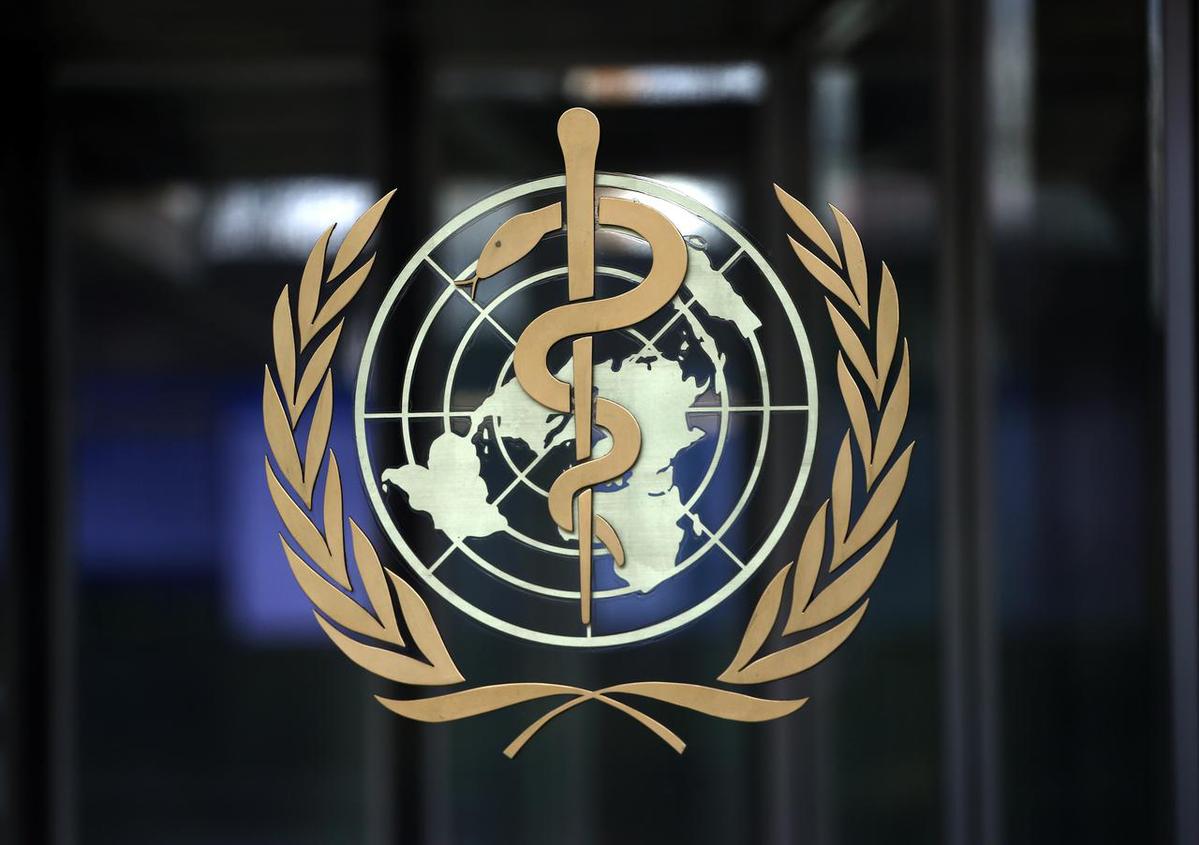WHO urges caution against hoping for herd immunity
By CHEN WEIHUA in Brussels | chinadaily.com.cn | Updated: 2020-08-19 09:17

The World Health Organization, or WHO, warned on Tuesday against pinning hopes on herd immunity as a salvation to stop the spread of COVID-19 in the foreseeable future.
The New York Times reported on Monday that more than a dozen scientists interviewed by the paper said that the threshold to reach herd immunity is likely to be much lower than the 70 percent previously suggested.
The report said "50 percent, perhaps even less". "If that's true, then it may be possible to turn back the coronavirus more quickly than once thought," the report said.
Mike Ryan, executive director of the WHO's Health Emergencies Program, pointed out that so far no-one knows the level required to reach herd immunity for COVID-19.
"There is no question in my mind that we are a long way from that. And it will remain a long way in the absence of an effective vaccine," he told a virtual press conference from Geneva.
"What we can say with certainly is that right now as a global population, we are nowhere close to the level of immunity required to stop this disease from transmitting."
Ryan said people need to focus on what they can do now to
suppress transmission, and "not live in hope of herd immunity being our salvation".
"Right now, that is not a solution, and not a solution we should be looking to for our salvation," he said.
Maria Van Kerkhove, the WHO's technical lead on COVID-19, said that when people talk about herd immunity, it means the use of a vaccine, and how many people need to be vaccinated to be able to reach the right proportion so that the virus will not have an opportunity to circulate between people.
She said there are now more than 100 sero-epidemiological studies globally for SARS-CoV-2, referring to the virus that caused COVID-19. The WHO has been working with at least 50 countries on these studies.
But she said that studies conducted so far show that less than 10 percent of the population has evidence of antibodies against SARS CoV-2. That level could go up to 20 to 25 percent for high-risk groups, such as frontline healthcare workers.
"But again, that means a large percentage of the population remains susceptible," she said.
While people infected usually develop an immune response, Van Kerkhove said that it is still unknown how strong and how long the response is, adding that this study is currently still taking place.
She said that people should focus on the basics, such as case finding, isolation, contact tracing and quarantining the contacts.
Bruce Aylward, a senior advisor to WHO Director-General Tedros Adhanom Ghebreyesus, said that when half of the world's population are in lockdown and the economy has ground to a halt in many places, people should plan for a very high level of herd immunity because "we don't want to take chances, we don't want to be wrong".
He suggested that the vaccination rate must be much higher because the vaccine may work in only 50 percent or 80 percent of people.
He echoed the messages by Ryan and Van Kerkhove that people should focus on the basics. "You need the full package, they are our silver bullets," he said.
The Guardian reported on Monday that Anders Tegnell, the architect of Sweden's no-lockdown strategy, has come under fire after emails came to light showing him appearing to ask whether a high death rate among old people might be acceptable if it led to a faster herd immunity.
Tegnell has repeatedly insisted the government's objective was not to achieve rapid herd immunity but rather to slow the spread of the coronavirus enough for health services to be able to cope.
However, email exchanges obtained by Swedish journalists under freedom of information laws show that Tegnell was discussing herd immunity as an objective in mid-March, days after the WHO declared COVID-19 a global pandemic.
With a population of 10 million, Sweden has reported more than 84,000 cases and 5,783 deaths. About half of those deaths occurred in nursing homes.
























